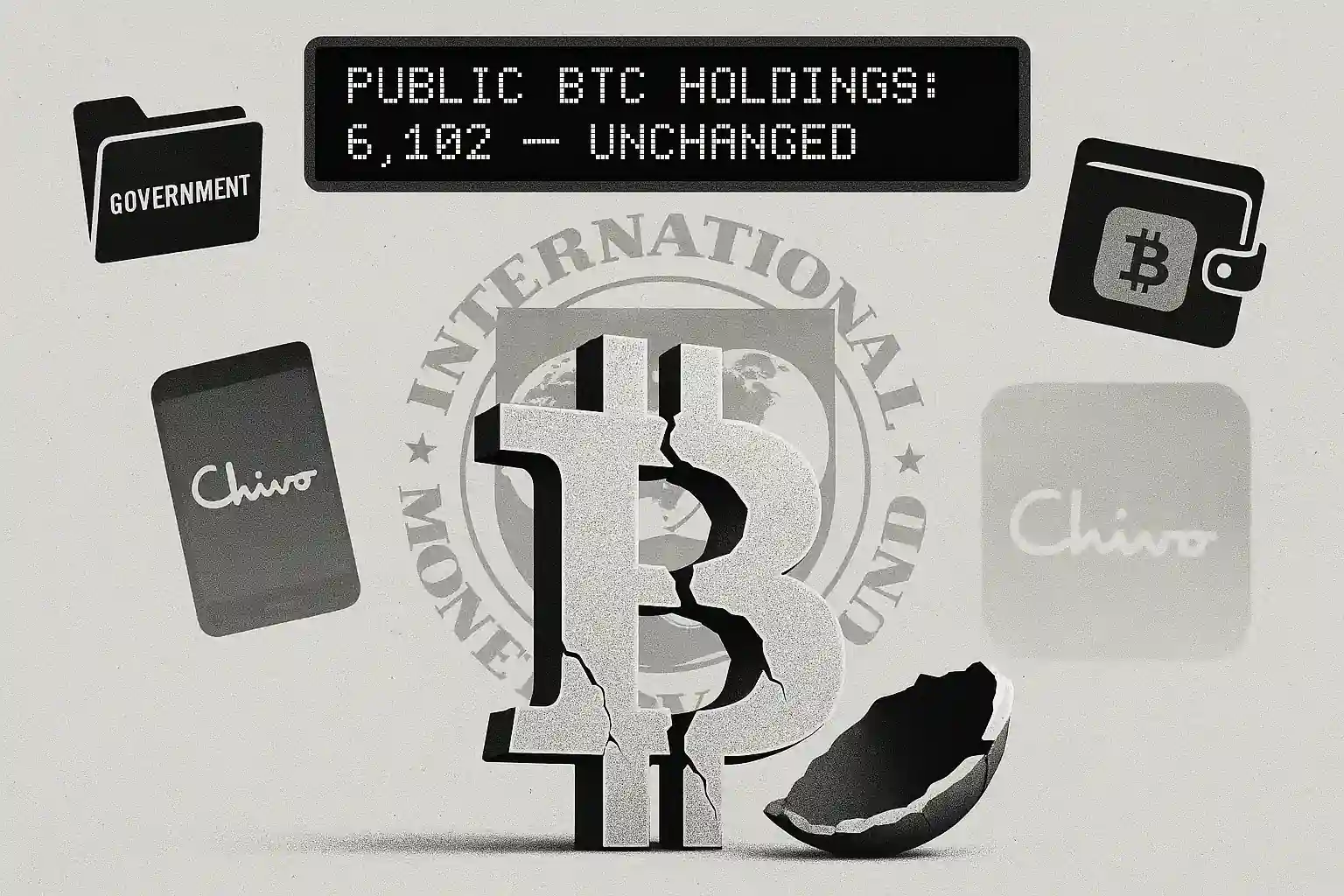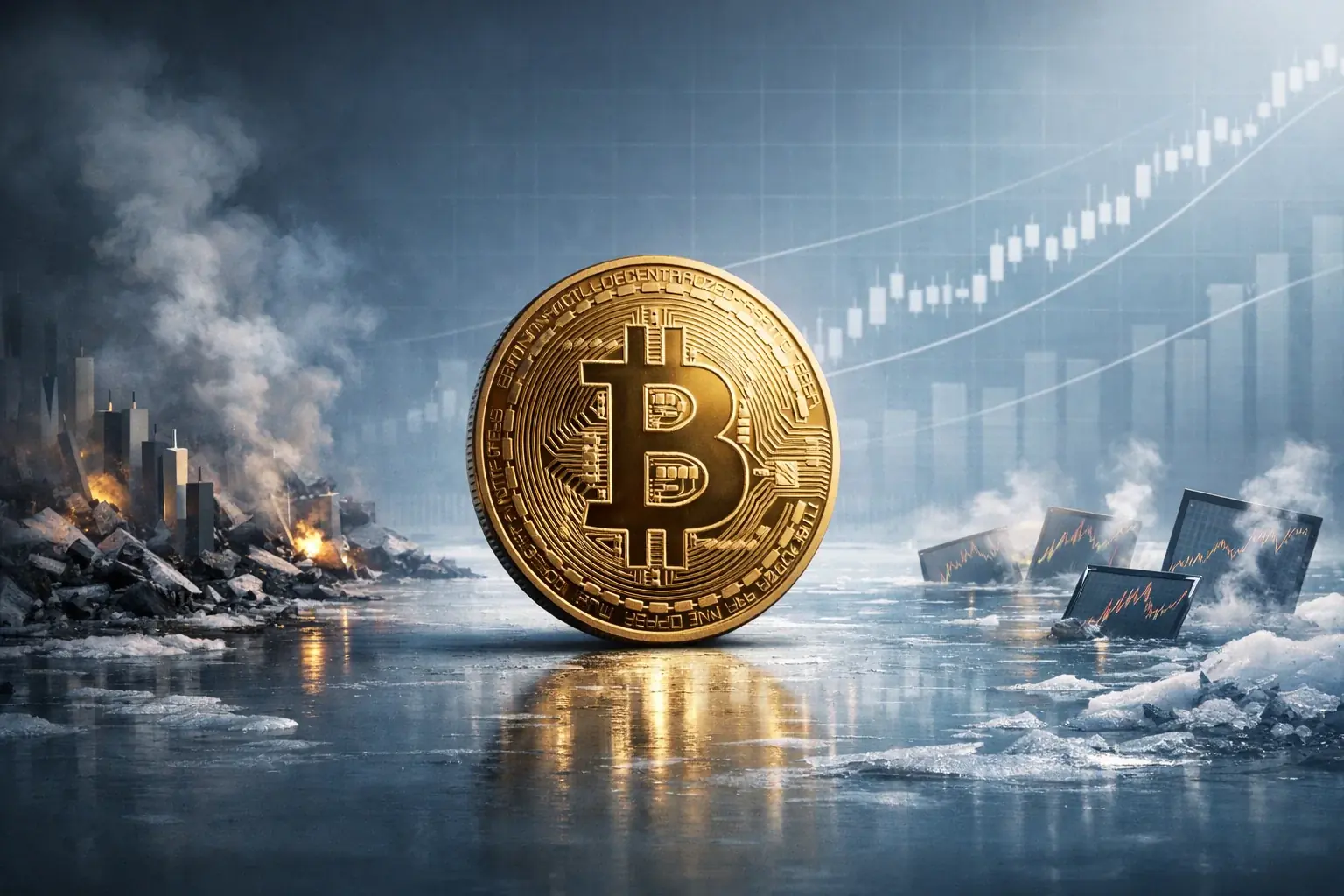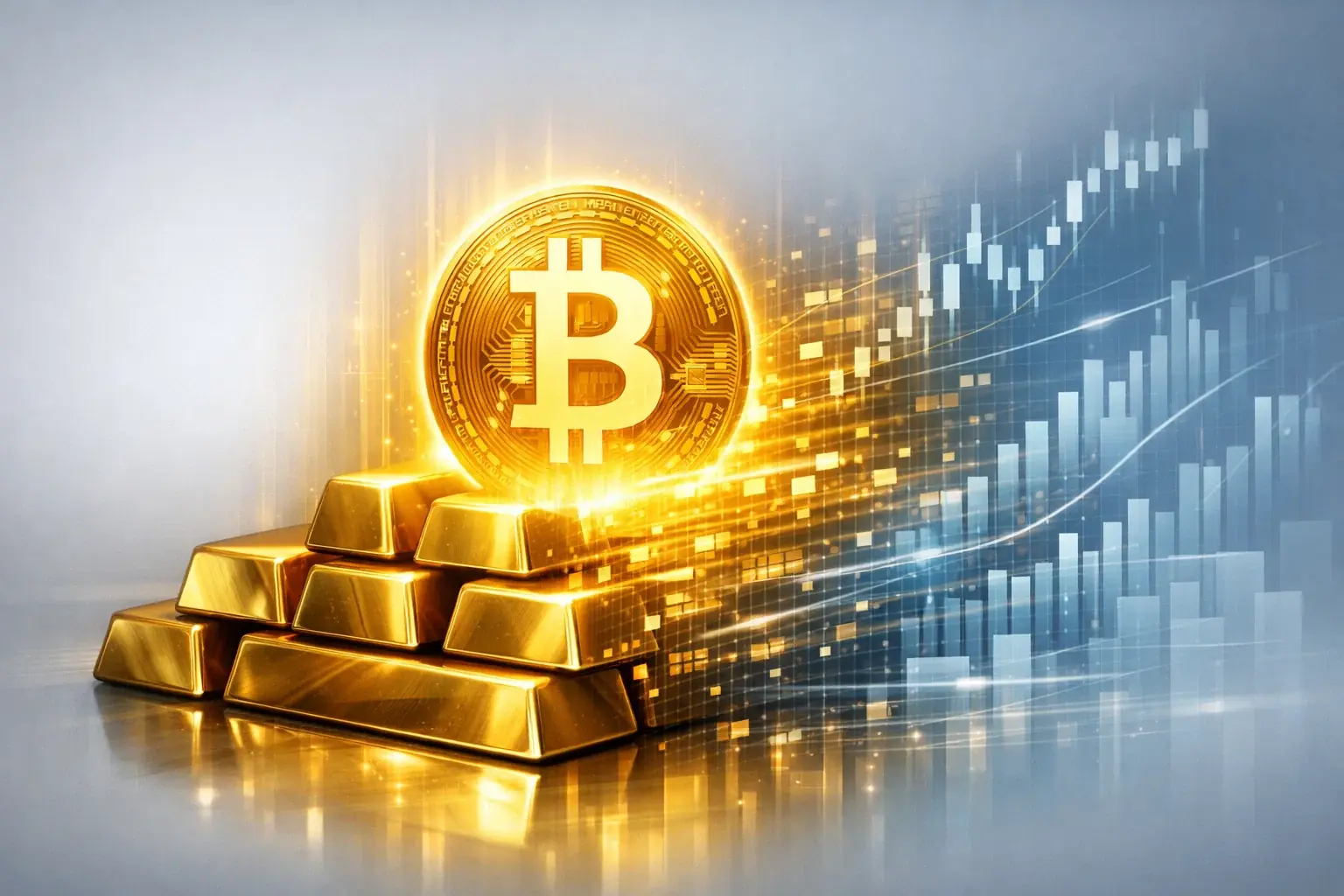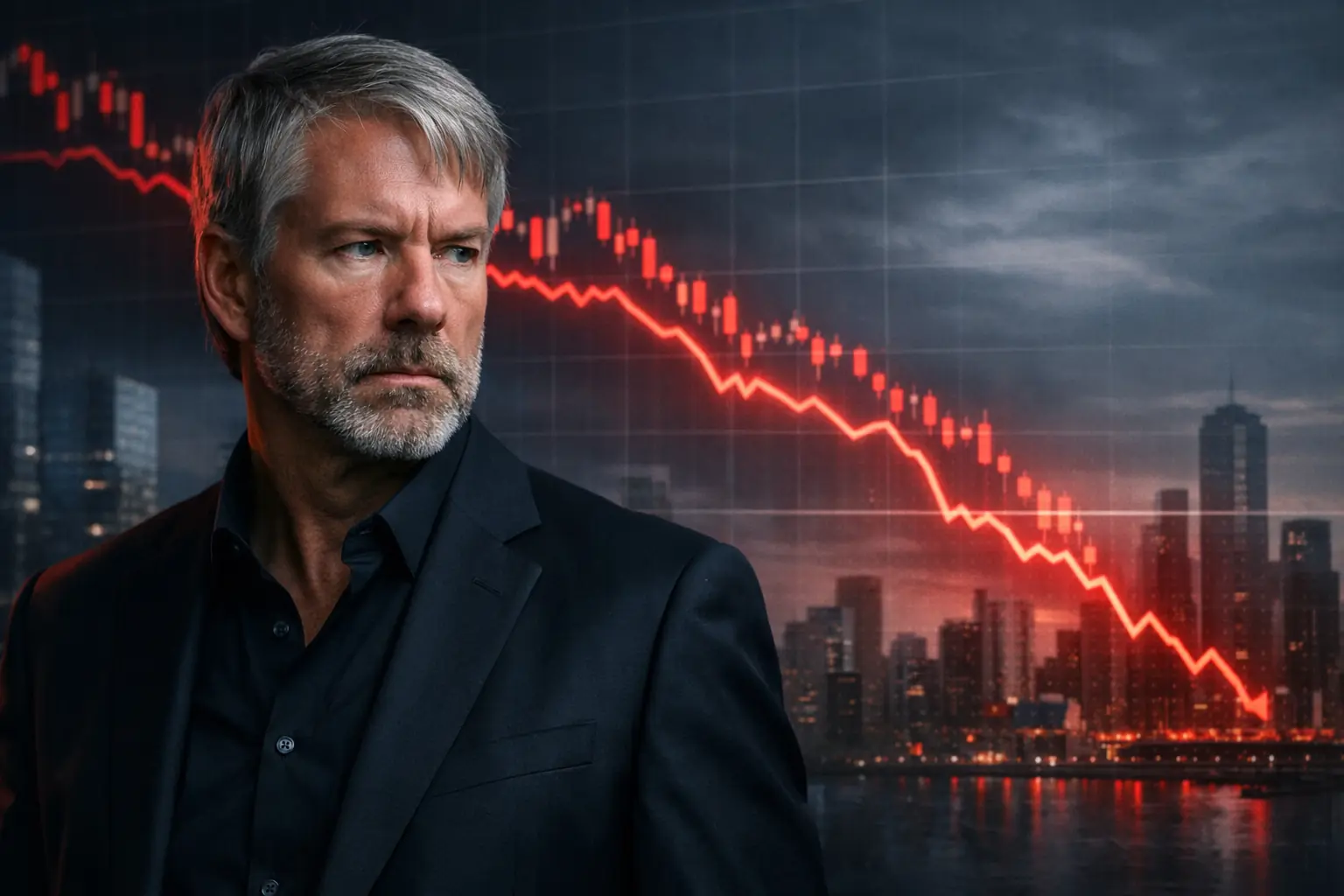El Salvador has not made any new acquisitions in the public sector in 2025, despite the government's repeated statements about daily Bitcoin purchases.
This is in stark contrast to the country's official narrative and is supported by a report recently published by the International Monetary Fund (IMF).
IMF Denies Statements on Bitcoin by El Salvador
The Fund clarified its position in its 15 July report, the first review under the $1.4 billion Extended Fund Facility (EFF) programme authorised in December 2024 and part of the IMF's Article IV consultation.
The Bitcoin National Office's claims and President Nayib Bukele's frequent social updates are diametrically opposed to what the report states.
Bukele claimed that El Salvador was buying one Bitcoin per day since the beginning of 2025.
"The total stock of Bitcoin held by the public sector has remained unchanged since the approval of the programme," the IMF said in the report.
Balances in public wallets have increased. Official government-backed posts confirmed this point. Bukele reiterated that the daily hoarding strategy was still active at least until 4 March.
According to the Bitcoin Office, the country's reserves had reached 6,102 BTC, a figure widely reported in the media and echoed by the crypto communities.
A user on X said:
"Apparently, the IMF really forced El Salvador to stop buying Bitcoin in order to get a fiat currency loan. Footnote 9 indicates that they only made it look like they were continuing to buy, but in fact they were simply consolidating multiple government wallets."
Turns out the IMF did in fact make El Salvador stop Bitcoin purchases in order to get a fiat loan.
- Magoo PhD (@HodlMagoo) July 17, 2025
Footnote #9 states they have just been making it appear as if they have been continuing to buy but in fact have just been consolidating multi government wallets.
Source :... pic.twitter.com/46AFU1oi08
However, the reality seems to be different.
According to the IMF, the apparent increase in Bitcoin reserves was not caused by new market activity. Rather, it is due to internal wallet consolidations - that is, the transfer of coins between government-controlled wallets. Although no new government funds were used, these actions gave the impression of ongoing purchases.
The report also explained that Bitcoin deposits within the Chivo wallet system experienced "small fluctuations." However, these were managed through internal adjustments, and not through new purchases.
In other words, no public funds were used in 2025 to purchase more Bitcoin.
This revelation calls into question the transparency of government communication on Bitcoin policy.
In 2021, El Salvador was the first country in the world to adopt Bitcoin as legal tender, attracting international attention.
But in January 2025, the government changed its position due to pressure from international creditors and a precarious financial situation.
In addition to revoking Bitcoin's status as legal tender, it also pledged to ban future public purchases of the cryptocurrency.
The IMF report also highlighted operational problems with the Chivo wallet, pointing to 'slight deviations' in performance.
The Salvadoran government responded by promising that it will cease all public participation in the Chivo system by the end of July 2025.
It also announced the restoration of public trust in Fidebitcoin and a commitment to publish more detailed financial information on state-owned enterprises, in line with IMF transparency targets.
The world will be watching the Chivo privatisation deadline closely to see if El Salvador will deliver on its promises.
The IMF report also announced that it will not be able to make any public purchases of the Chivo wallet.








